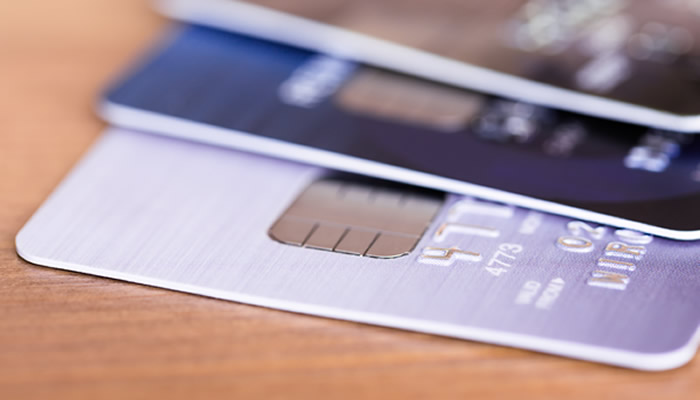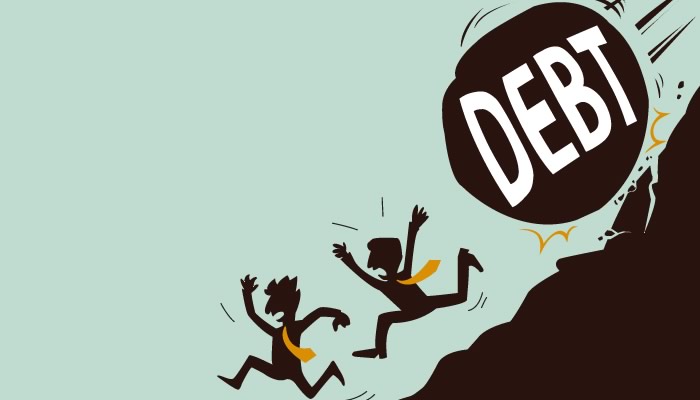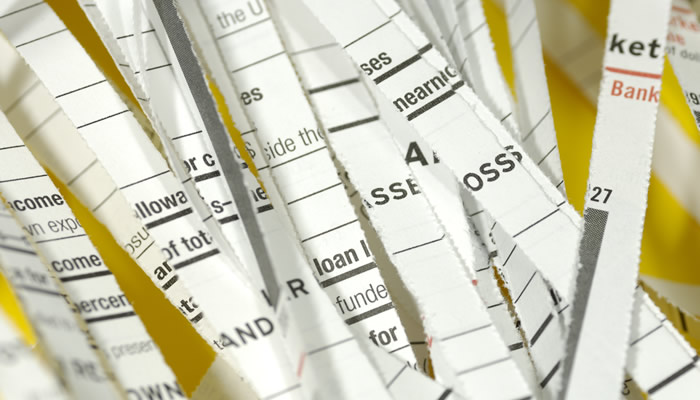Top Tips for Using Your Credit Card Responsibly
Credit cards are a useful financial tool when used responsibly. By constantly paying off your balance in full each month, your credit card can help you manage your short-term cash flow and build a solid credit history. However, if you’re not careful you can rack up a lot of debt and find yourself on the edge of financial ruin. Here are the top tips for using your credit card responsibly.

Avoid Impulse Purchases: While it can be tempting to charge purchases on your credit card and forget about them until your statement arrives, you can quickly find yourself maxed out. You should only use your credit card for managing short-term cash flow; if you’re not able to pay off your balance in full by the payment due date, you should really think twice about charging it to your credit card. Before you swipe your card, ask yourself if you need to make the purchase right now or if it can wait until you have the money to pay it off.
Pay Off Your Balance in Full: You should strive to pay off your balance in full each month. Only paying the minimum payment – the greater of 2 per cent or $20 – is a bad habit that will eventually catch up with you. If you’re carrying a large balance on your credit card, it can take years to pay off and cost thousands in interest.
Understand How Interest is Calculated: Understanding how your credit card interest is calculated can go a long way to becoming debt-free. If you’re carrying a balance on your credit card, it can take you years to pay off your outstanding balance. Most credit cards accrue interest based on your average daily balance at 18% or higher. Always strive to make more than the minimum payment and if you’re carrying a balance, try to make your payment as soon as possible to save on interest.
Build Your Credit History: Credit cards can be an effective financial tool for building a good credit history. By making regular payments and paying off your balance in full each month, you’ll demonstrate to lenders you’re a responsible borrower. However, if you habitually make payments late or not at all, you can quickly damage your credit score.
Consider Using Cash: The cashless society we live in today makes it easier than ever to rack up a lot of credit card debt. If you find your monthly credit card balance is getting larger each month, you should stop using your credit card until you get your personal debt situation under control. The last thing you want is to find yourself maxed out and bankrupt. A credit counsellor can sit down with you and help develop a realistic budget, so you can put as much of your take-home pay towards credit card repayment as possible.
Avoid Cash Advances: If you think carrying a balance on your credit card is costly, that’s nothing compared to cash advances. Cash advances are even more costly. Here’s why: you’re charged interest from the date you took the cash advance until the date the amount is repaid in full. In other words, cash advances don’t come with the 21-day grace period of regular purchases. It’s best to stick with your debit card and avoid cash advances all together.
Review Your Statement: A good habit to develop is to regularly review your credit card statement. Not only will it help keep your spending under control, it will help you spot any errors. To make reconciling your payments easier, you should consider keeping a copy of your monthly receipts to compare them against your actual statement. If you find any errors, such as a double charge, you should let your issuer know immediately.
Rewards Points for Regular Purchases: One of the advantages of using credit cards over cash is the reward points you’ll earn. Most credit cards let you earn 1 per cent or more in reward points or cash-back from purchases. By making your regular everyday purchases you can earn a lot of rewards – just don’t make purchases you cannot afford just for the sake of earning rewards. The costly interest you’ll incur will more than offset the rewards you’ll earn.
Prepare for an Emergency: It’s a good idea to save for a rainy day. You should prepare ahead of time for costly one-time expenses. It’s a good idea to set up an emergency fund with three to six months’ living expenses. Alternatively, you can set up a line of credit – not only is the interest rate a lot less, it will be there when you need it.




